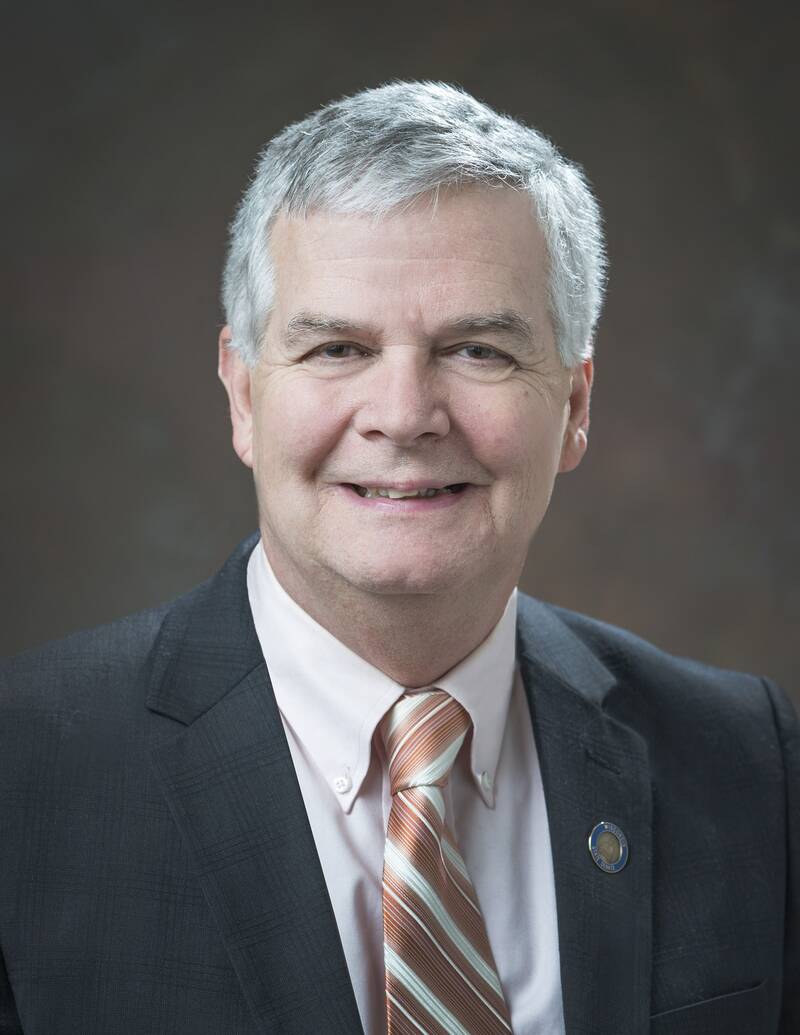Politics is everywhere around us – when you turn on the television, open a newspaper or scroll through Facebook. It’s hard to get away from it all. When we see the divisiveness all around us, it’s easy to think our system is broken.
Political divisiveness affects our attitudes of others and the way we communicate with neighbors or members of our own family. It’s easy for hurtful rhetoric to drive a wedge in these relationships, which makes it difficult to realize the values we share: hard work, a supportive community and what’s best for our family. It’s time we learn how to progress forward together.
Oftentimes, politicians use fear to make people angry and pit one group against another. It’s a simple tactic that has a big impact determining who we interact with and who we ignore.
During my time as a state senator, I’ve hosted many Stop n’ Talks throughout the 31st Senate District. It’s my own way to get around the district to learn from anyone who wants to talk. Folks have busy lives, and it’s difficult for people to find the time to attend official town hall meetings or scheduled hearings. I find the best way to have a conversation is to show up where citizens congregate or invite anyone to stop and talk on their own terms.
A couple of weeks ago, I held a Stop n’ Talk near an event that attracted many from the farming community. As their state senator and the Ranking Member of the Senate Committee on Agriculture, Revenue and Financial Institutions, I wanted to make myself available to learn. Most folks are polite; they acknowledge me with a cordial hello, talk to me about their concerns or simply ignore me. However, there were many who had no qualms about insulting me, while refusing to have a conversation.
I’ve also been uninvited from public events, as a state senator, because organizers thought my presence was politically-motivated. I find these examples to be so sad, yet telling about where we are now. My attempts to meet and learn about the issues that matter most to community members are seen as “photo opportunities” or “campaign stops.”
It’s a dangerous cycle we’ve fallen into when we refuse conversations with others based on political beliefs, pushing us further apart. Without the opportunity to openly communicate, we’re unable to discuss the issues that matter most to us.
This broken cycle pushes us back into our own bubble, reinforcing preconceived notions of others groups, which affects the way our democracy works and functions. Voting is a practice that should provide all citizens the opportunity to have their voices heard, but that isn’t always the reality. Poll taxes, literacy tests and other restrictive measures have limited a citizen’s ability to express views at the ballot box. More recently, voter ID laws limit certain people’s right to vote. To this day, politicians gerrymander, creating districts that guarantee an election win for a certain party.
Voters are disenfranchised even when voter suppression attempts fail. Lame duck session laws from last fall changed the jobs our elected officials can do after the election.
Recently, Attorney General Josh Kaul found it impossible to perform the job he was elected to carry out due to the enormous roadblocks from last fall’s lame duck session. The extraordinary session created a process that ties the hands of our Attorney General by requiring the Republican-led Joint Finance Committee to sign off on settlements.
These practices, from voting disenfranchisement to the unprecedented lame duck laws, silence voters and prohibit productive debate or negotiation, pushing things to be more partisan.
I see firsthand the damage all this political divisiveness has done to us. Citizens don’t see a cohesive government working for their best interests, especially when legislators only meet on rare occasions. The fear-based rhetoric, harmful voting policies and the lame duck laws erode whatever trust citizens might still have in their government and their elected officials.
We all have a responsibility to repair the system. Set aside the blame game. Start a conversation with someone with a different point of view. Contact your legislators and tell them to do the same. Insist that your legislature work for your best interests by meeting, debating and working toward solving problems together. After all, we have more in common than what sets us apart.



Add new comment